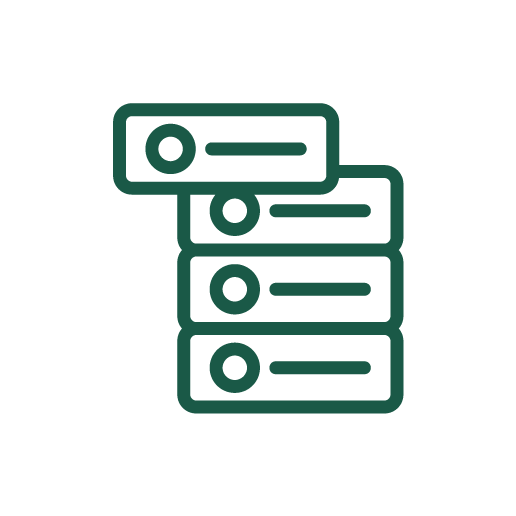Prepare to Search
3 Choose Your Search Interface
 Once you know what type of material you need, you can determine what interface to use to find this material. This chapter explains three types of search interfaces (databases, discovery layers, and search engines) and helps you determine which database(s) or tool to use to find the type of material you need.
Once you know what type of material you need, you can determine what interface to use to find this material. This chapter explains three types of search interfaces (databases, discovery layers, and search engines) and helps you determine which database(s) or tool to use to find the type of material you need.
Tips
Before you begin the chapter, take a look at these top tips for choosing your search interface.
- A search interface is where you perform your search.
 It may be a database, a discovery layer, or a search engine like Google.
It may be a database, a discovery layer, or a search engine like Google. - Choose a search interface based on the type of resource you want.
 A specific database is the best place to look for some types of resources, such as scholarly articles, whereas a discovery layer or Google Scholar are preferable for other types of resources.
A specific database is the best place to look for some types of resources, such as scholarly articles, whereas a discovery layer or Google Scholar are preferable for other types of resources. - Databases have more robust search options for finding articles.
 You can find journal articles in a discovery layer, but going to a specific database will give you more powerful search options.
You can find journal articles in a discovery layer, but going to a specific database will give you more powerful search options.
Important Terms Used in this Chapter
Where to Search
When you search for material, there are three main ways that you can search: in a database, through a discovery layer, or through a search engine. Read more about these three choices below.
- Alternative format: Search Interfaces word document
What Search Interface to Choose
Choosing a search interface will depend on your topic and the type of material you’re looking for. Explore the content below to see some of the most common databases and other search interfaces that you may have access to through your college library or that are available on the web. There are many excellent databases not listed here, so please consult your institution’s library for more options. The search interfaces are categorized by the following types of material you can find in them:
- Journal articles, systematic reviews, scoping reviews, narrative reviews
- Drug information
- Grey literature
- Books, eBooks, streaming media
Use the tool below to find out which database, discovery layer, or search engine to use to find each type of resource.
Test Your Knowledge Activity: Match the Search Interface
- For attributions, please see the Attributions page in the table of contents. ↵
Databases are searchable collections of resources on a variety of subjects. The content found in databases can include journal articles, newspaper articles, encyclopedia articles, streaming media, and more.
Source: Search Library Resources by The Learning Portal, licensed under CC BY-NC.
Database platforms are the interfaces used to access the content of a database. Vendors with their own database platform include Ovid, EBSCO, ProQuest, and Gale.
A discovery layer is a multidisciplinary search tool. Discovery layers are like search engines (think: Google) for library content. They search across most of the databases and resources in your library’s collection. Your institution likely offers a discovery layer search on the library’s website.
Source: Search Library Resources by The Learning Portal, licensed under CC BY-NC.
A search engine is an interface for searching the web.

